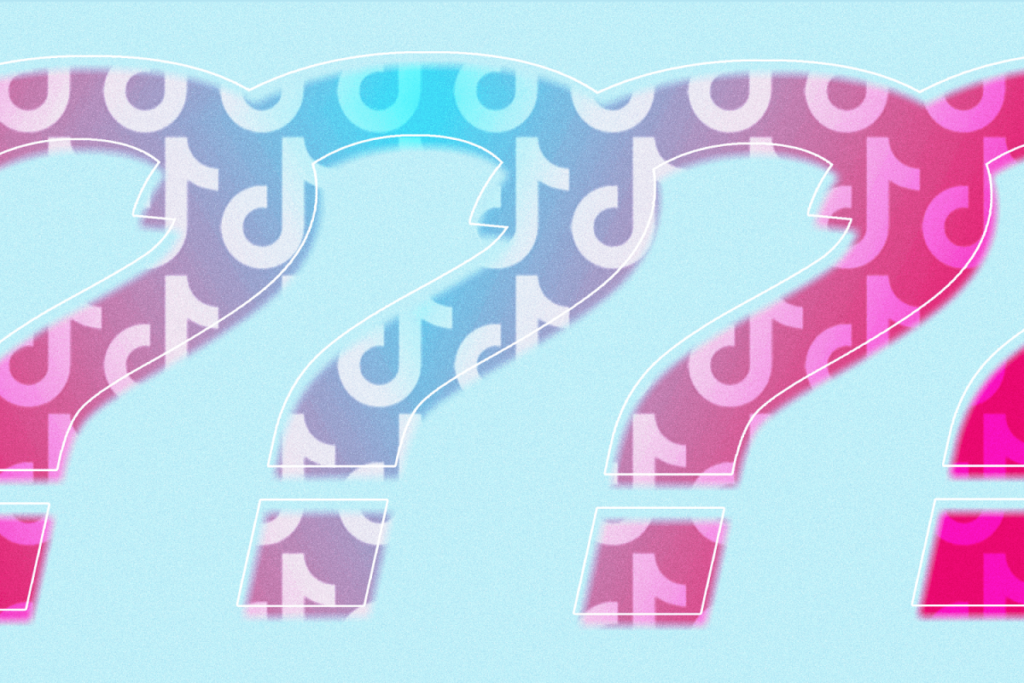As President-elect Donald Trump prepares to establish his administration, a significant ideological rift has arisen around the potential ban of TikTok, a widely popular social media video app utilized by approximately half of the U.S. populace. This divide reflects broader concerns over national security and the app’s origins, leading to uncertainty about TikTok’s future in the U.S. Trump’s administration is navigating this complex landscape, particularly as TikTok mounts a legal challenge against a law signed by President Joe Biden in April that mandates the app’s sale to an American company by the time Trump assumes office. The situation is further complicated by Trump’s shifting stance on the app and the various perspectives of his Cabinet appointees, increasing doubts about a potential ban.
Historically, Trump has approached TikTok with consistent skepticism, labeling it a “national security threat.” His past efforts to prohibit the app through an executive order were halted by judicial intervention, and his previous rallies witnessed teenage TikTok users allegedly orchestrating a decrease in attendance. However, Trump’s recent dichotomous behavior, characterized by both launching a TikTok account and expressing his willingness to “save TikTok in America,” raises questions about his genuine commitment to a ban and positions him as a potential ally in the app’s defense. His Cabinet selections generally lean towards a prohibitionist stance, creating discord between his public statements and counsel.
Trump’s conservative project, known as Project 2025, categorizes TikTok as a “tool of Chinese espionage” and emphasizes measures to restrict major tech companies, including a possible ban on TikTok. Although Trump initially distanced himself from Project 2025 during his campaign, many of his selected advisers were active contributors to its framework. The project’s foreword articulates grave concerns about social media’s detrimental effects on children and advocates for stringent governing measures against platforms like TikTok. The mélange of Trump’s rhetoric and his associates’ recommendations complicates the administration’s articulation of a coherent strategy regarding that particular application.
Contrarily, while some key members of Trump’s team vehemently oppose TikTok, others within the administration have embraced the app, celebrating its platform. Figures like Vice President-elect JD Vance and press secretary Karoline Leavitt have gained significant followings on TikTok, contrasting their colleagues’ perspectives. Leavitt has publicly criticized TikTok’s influence on youth, yet her involvement in the platform reflects the juxtaposition within the administration regarding TikTok’s perceived value and potential consequences. This generational divide in perspective showcases a broad range of opinions on what constitutes a threat versus a tool for engagement among American youth.
This division is evident even among Trump’s nominees who hold varying views concerning the TikTok legislation. For instance, Tulsi Gabbard and Robert F. Kennedy Jr. have publicly opposed the forced sale of the app, framing their arguments around free speech and civil liberties. Gabbard emphasizes the potential overreach of governmental power in declaring foreign adversaries and targeting specific companies, while Kennedy articulates his concerns about the legislation infringing on entrepreneurship opportunities for American youths. These divergent viewpoints within Trump’s Cabinet highlight the tension between national security concerns and the principles of free market and free speech.
The conversations surrounding TikTok also invite a broader discussion on governmental oversight and the protection of children from perceived threats on social media. Trump’s picks for various governance roles span a spectrum of opinions, with several advocating for the outright ban of TikTok, expressing fears about its Chinese ownership and potential data harvesting. As debates continue over the implications of digital platforms on American society’s fabric, Trump’s administration is poised to make critical decisions that will significantly impact TikTok’s fate and, by extension, the media landscape inhabited by millions of young Americans seeking online engagement. The convergence of ideology, youth culture, and national security concerns in this context sets a dramatic stage for TikTok’s future in the United States.

